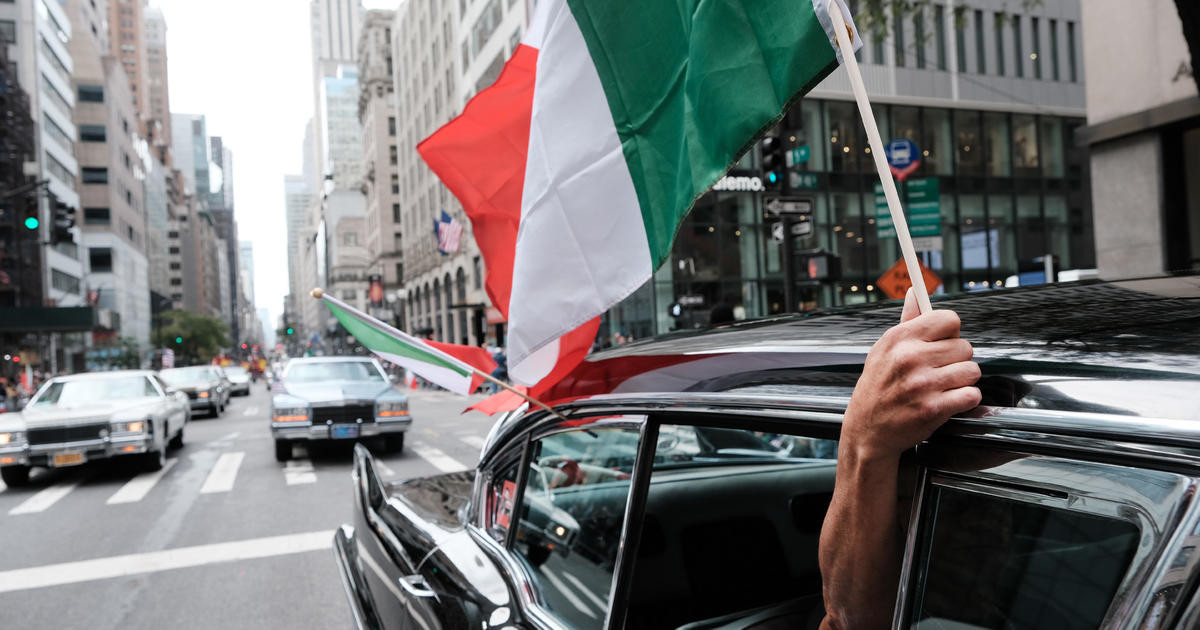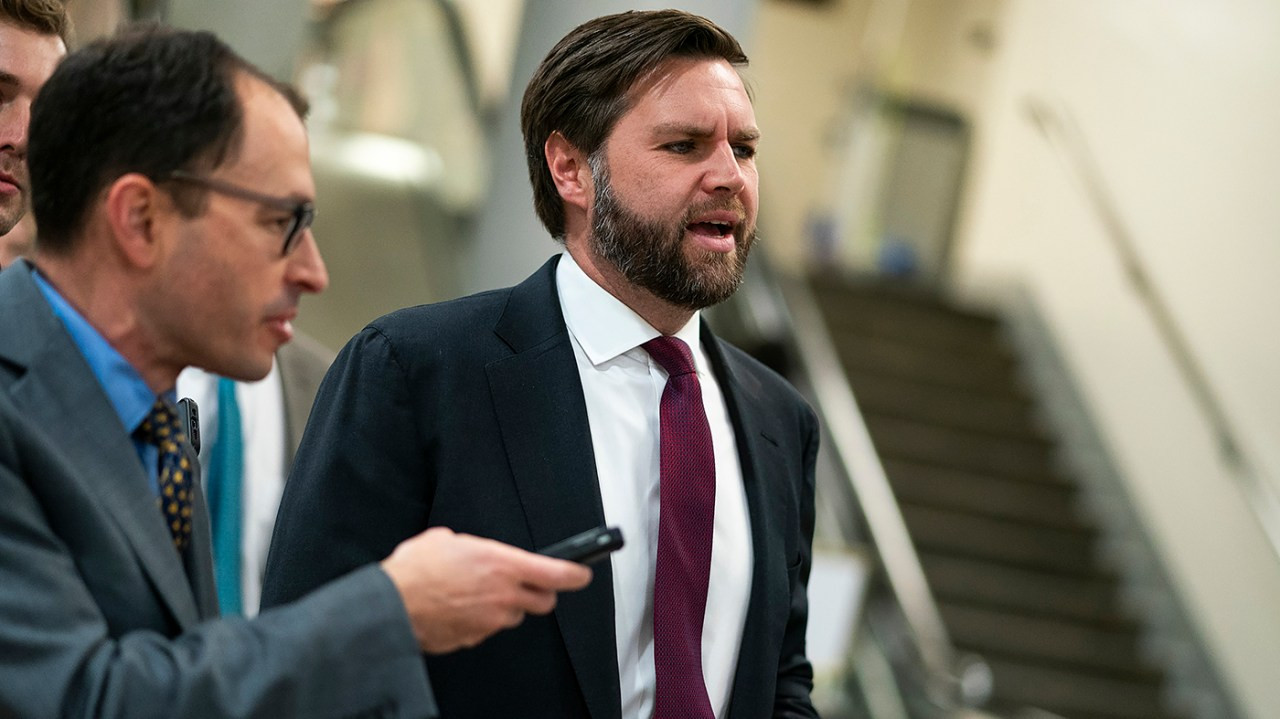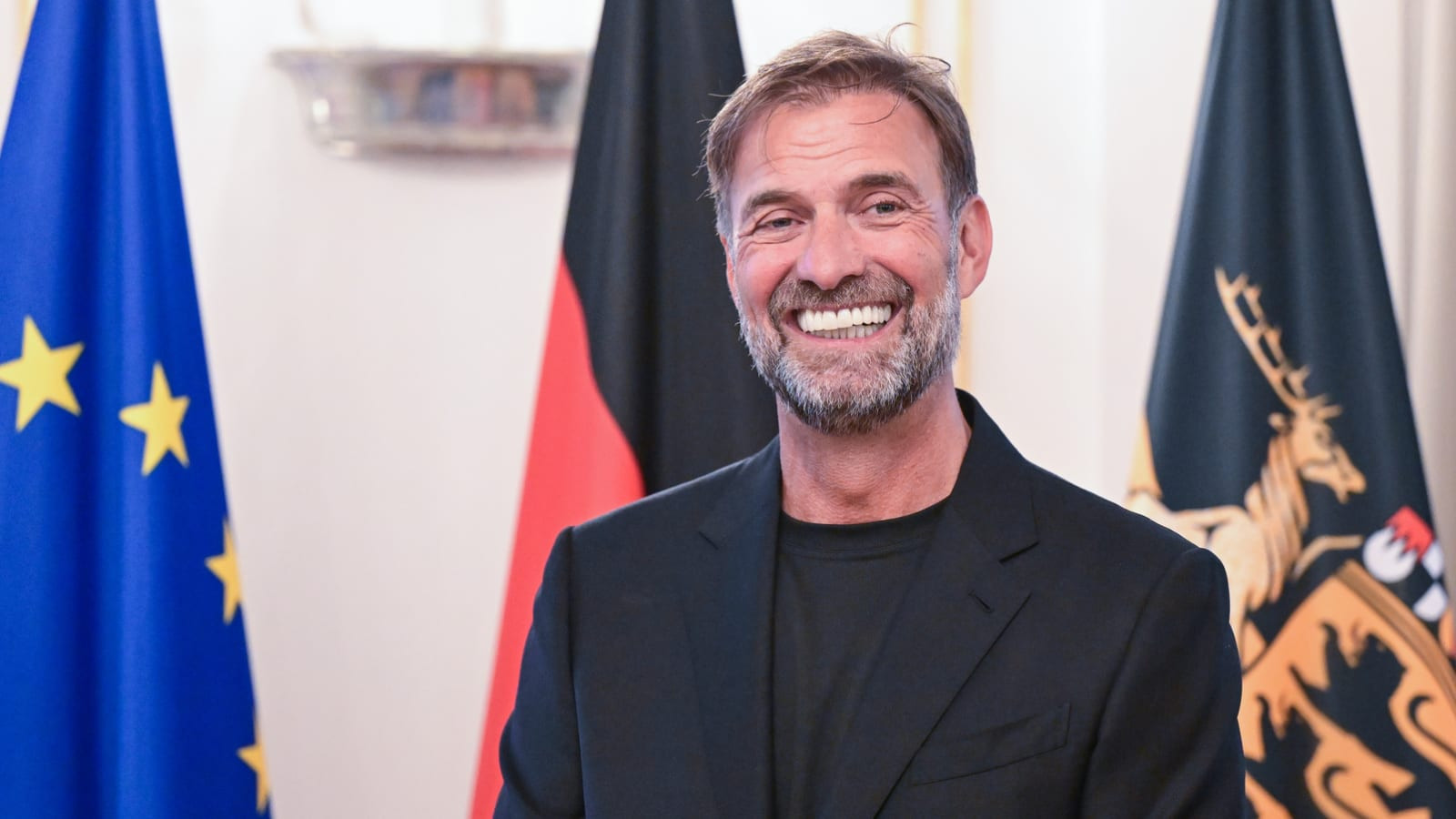Trump's Ultimatum: 'All Hell to Pay' Unless Gaza Hostages Are Released
President-elect Donald Trump has issued a forceful warning to Hamas, threatening severe repercussions if the hostages held in Gaza are not released by his January 20th inauguration. This statement, delivered via a Truth Social post, represents Trump's most assertive action yet regarding the ongoing conflict and the stalled hostage situation.
Trump's declaration of "all hell to pay" if the hostages remain unfreed adds a significant layer of complexity to the already tense situation. His direct challenge to Hamas, bypassing customary diplomatic channels and placing the onus squarely on the terror group, has sparked reactions across the political spectrum. He argued that “it’s all talk, and no action” regarding the hostage situation, directly criticizing current US administration efforts. This bold strategy marks a departure from previous efforts, raising questions about the potential consequences of such a direct, uncompromising approach.
International Reactions to Trump's Warning
The international community has responded with a mix of reactions. Israeli Prime Minister Benjamin Netanyahu expressed support, thanking Trump for his strong stance and emphasizing that it reinforces Israel's efforts for the hostages' release. This endorsement underscores the close alignment between Trump and Netanyahu, a relationship characterized by unwavering mutual support. However, this alignment has also been a source of controversy, particularly regarding the handling of the conflict and previous peace negotiations. Netanyahu described Trump's focus as putting the emphasis in the right place, on Hamas, rather than on the Israeli government.
In contrast, Hamas spokesperson Basem Naim interpreted Trump’s message as directed primarily at Netanyahu, urging the Israeli government to engage in serious negotiations instead of using them as a political tool. Naim reiterated Hamas's commitment to a previously agreed-upon deal involving prisoner exchange, highlighting the ongoing disagreements and differing interpretations between both parties regarding the implementation of that accord.
The Biden administration, while maintaining its commitment to securing the hostages’ release, has not directly addressed Trump's ultimatum. The White House is continuing their own initiatives towards a resolution, focusing on diplomatic channels, which has been the traditional approach. The contrasting approaches highlight the differing viewpoints and strategies among key players involved in the ongoing crisis.
Analyzing the Potential Impacts of Trump's Threat
Trump’s threat raises numerous questions. What exactly does "all hell to pay" entail? Does it involve military intervention? Economic sanctions? Or perhaps some combination thereof? The lack of specificity adds to the uncertainty. This ambiguity is a calculated move, designed to generate both maximum impact and pressure and minimizing the constraints of explicit commitments. The power of the veiled threat can be seen in its ability to induce a strong reaction, prompting a reassessment of situations from multiple actors involved.
Further complicating the matter, Trump's statement omits mention of the Palestinian civilians who have suffered immensely throughout the conflict, focusing solely on the hostages held by Hamas. This selectivity has drawn criticism, with commentators pointing out the need for a more comprehensive approach that addresses the broader humanitarian crisis in Gaza. The statement's omission, whether deliberate or unintentional, underscores the significant sensitivities and political complexities surrounding the conflict.
The Hostage Crisis: A Deepening Humanitarian Emergency
The hostage situation remains a critical humanitarian concern, with the lives of dozens of individuals hanging in the balance. This crisis is a stark reminder of the human cost of armed conflict. Over 44,466 Palestinians have been killed, and the impact on civilians continues to be devastating and extensive. The conflict has displaced hundreds of thousands, creating an acute humanitarian crisis, and the situation remains grim.
The prolonged conflict and the current deadlock in negotiations underscore the urgent need for a swift resolution. The international community, including the United States, has a responsibility to exert pressure on all parties to engage in meaningful dialogue and pursue a peaceful outcome. The continued suffering of the civilian populations highlights the need for a more comprehensive approach, addressing the broader humanitarian dimensions of the ongoing crisis. There is no immediate resolution in sight and the situation continues to be volatile.
The Road Ahead: Navigating Uncertainty
The coming weeks will be critical in determining the trajectory of the conflict. Trump's ultimatum significantly alters the dynamics. The ambiguity surrounding his threat introduces an element of unpredictability that could either incentivize Hamas to negotiate or escalate tensions further. The Israeli government's response will also be crucial in shaping the situation. Will they embrace Trump's hardline approach, or will they seek a more conciliatory path? The involvement of regional actors such as Egypt and Qatar is also essential, as these countries continue efforts to facilitate negotiations.
Ultimately, a peaceful resolution requires a concerted effort from all stakeholders. While Trump's unconventional approach may inject new urgency into the situation, it also carries considerable risks. The international community must continue to advocate for dialogue, prioritize humanitarian concerns, and push all parties involved to find a path towards lasting peace and security for all involved. The fate of the hostages, and the future of the Middle East, hang in the balance.
Trump's forceful language, while garnering attention, also carries significant risks. It could escalate tensions and hinder diplomatic efforts, potentially undermining the ongoing negotiations and diplomatic initiatives by other parties.
The situation remains fluid and unpredictable. The coming days and weeks will be crucial in determining whether Trump's ultimatum leads to a resolution or further escalation of the already volatile conflict.

















